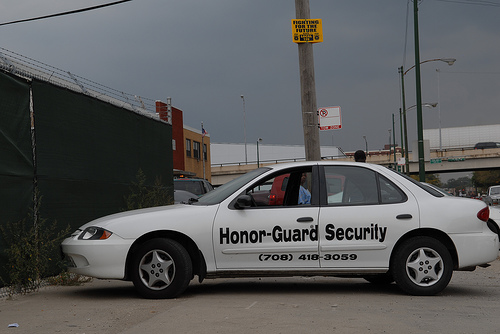October 9, 2007
The Chicago Police Department will disband its Special Operations Section, which is at the center of a corruption case involving seven officers facing criminal charges, a source said today.
The change could come as early as this afternoon, the source said. The unit — whose officers have citywide jurisdiction to target narcotics and gun crimes — includes the Hostage-Barricade-Terrorist Incident team.
One SOS member, Officer Jerome Finnigan, is accused of being the ringleader of a group of rogue SOS cops who allegedly conducted home invasions, kidnappings and robberies since 2002. The seven officers were arrested last year and face state corruption charges.
One SOS supervisor welcomed the move.
“Change us, disband us, do something,” said the supervisor, who refused to be quoted by name. “It’s getting harder and harder for guys to do good police work.”
“I’ve been in the unit for a long time,” the supervisor said. “There are still a lot of good people there. I’m tired of saying that’s where I work.”
The supervisor acknowledged Finnigan and his co-defendants have tarnished the once-elite unit.
“These are only a few bad apples [but] they’re very bad apples,” the supervisor said.
Finnigan, 44, was charged in federal court last month with trying to hire someone to kill a former cop cooperating with the government as a witness against him in the state corruption case.
The Chicago Sun-Times reported Sunday that Finnigan is No. 3 in the department in the number of complaints of misconduct — 52 — filed against him between 2001 and 2005.
He’s on a list of 662 officers with 10 or more complaints over that period. The city has been trying to keep the list secret, citing concerns about privacy and other issues.
Boston University professor Tom Nolan told the Sun-Times the department should consider disbanding SOS to send a message to the public that such conduct is not tolerated.
Interim Police Supt. Dana Starks has been holding weekly meetings with top staff to study potential problems posed by officers with repeated complaints.


